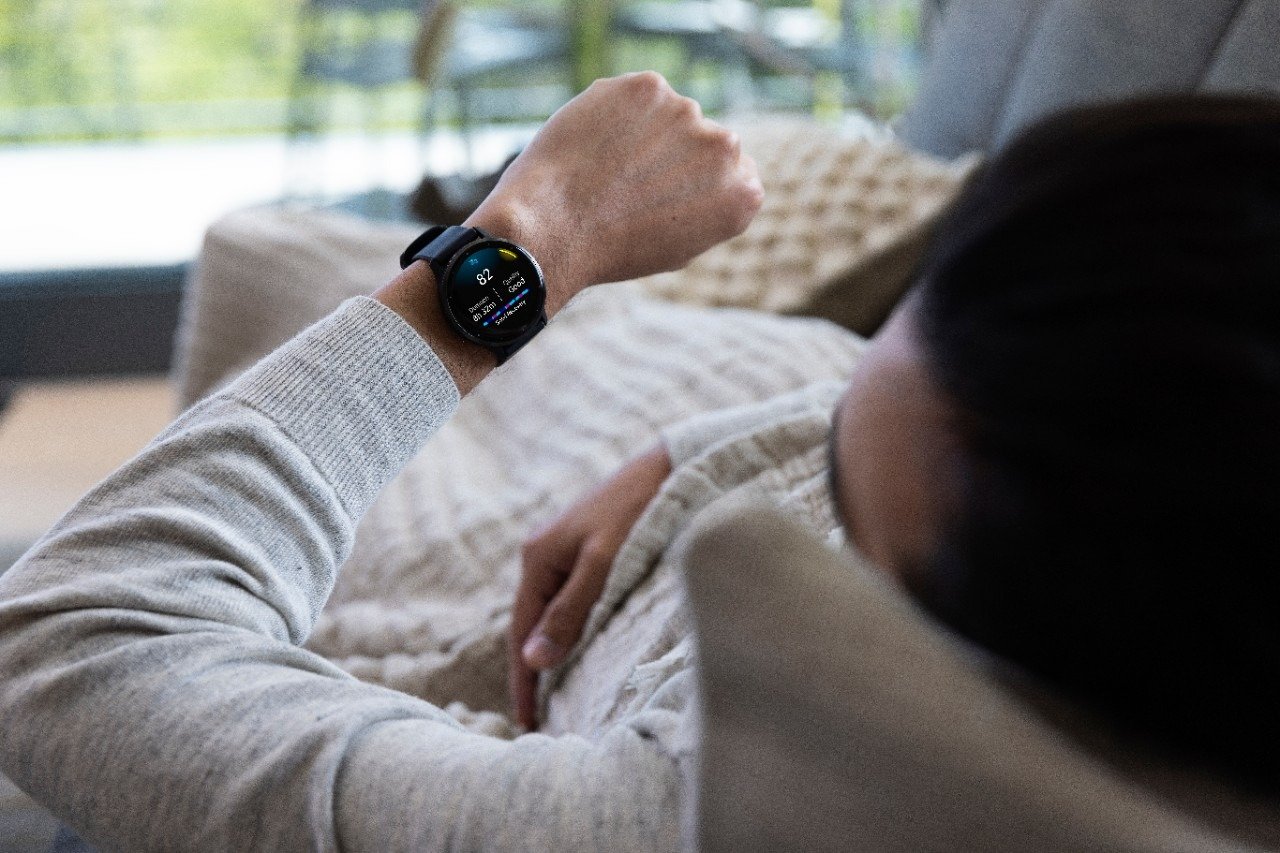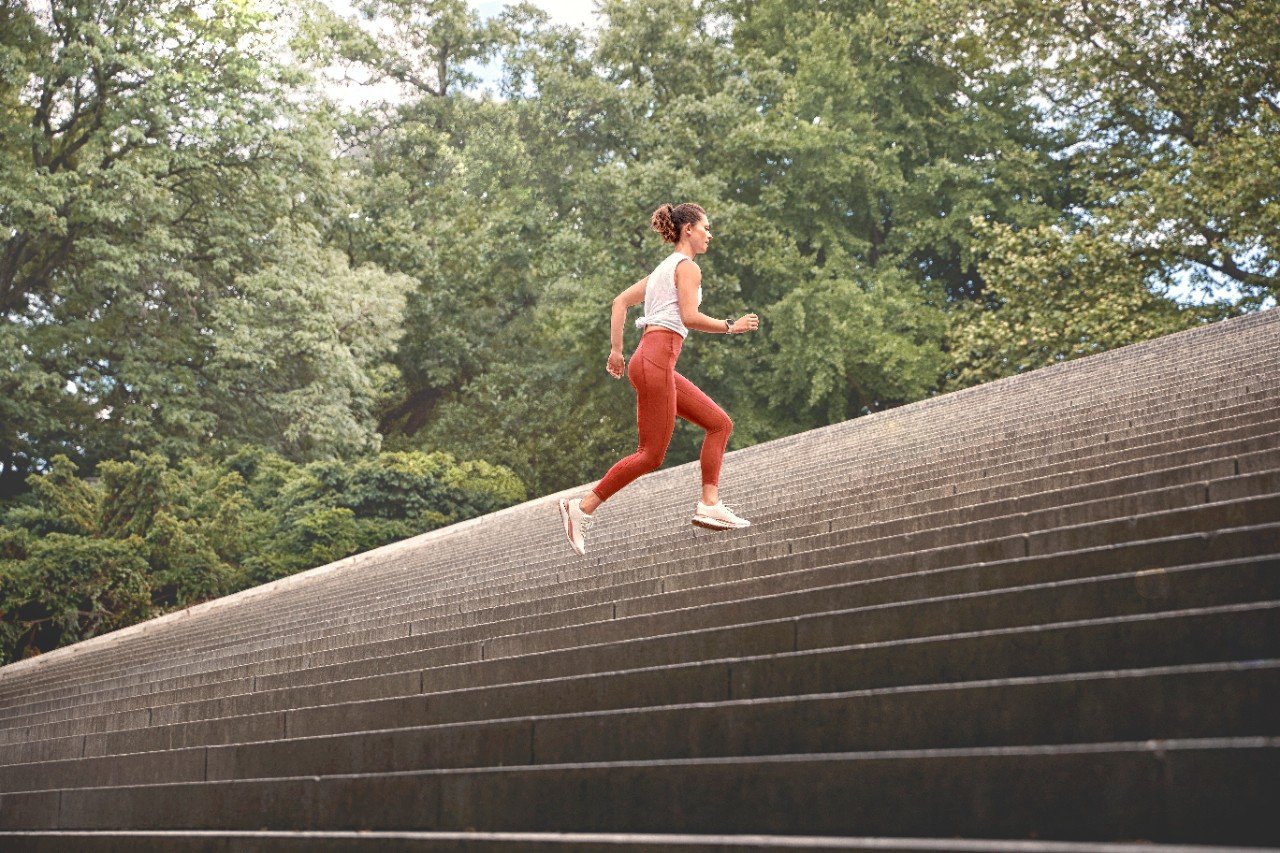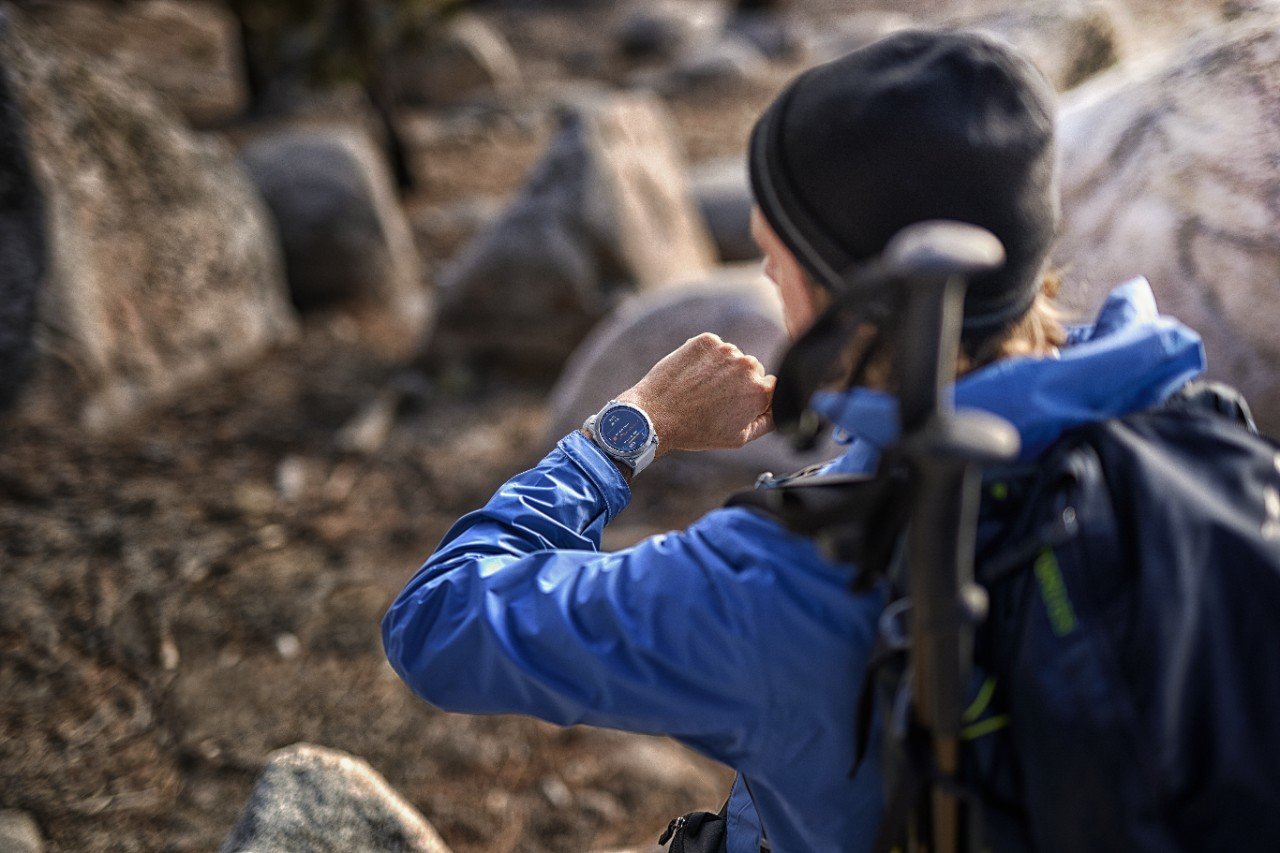
Winter Olympics 2010 – Whistler while you work
On our pilgrimage to the Winter Olympics from the most northern town in British Columbia, we stopped at the old gold mining town of Stewart. In the town museum we read the story of a Nass River Indian who had been on the run from the Royal Canadian Mounted Police for 15 years, living off the land and surviving the harsh winter environment. Soon it would be our turn to experience the great Canadian outdoors in winter.
The original plan was to trek across country from the top of the Jervis inlet crossing 40km to the newly-built Whistler Olympic park home of the Ski Jumping hills and Nordic skiing tracks. We put the word out that we were looking for a guide for the trip and only one man got back to us with a positive response. Scott Flavelle, a mountain guide with experience in television production experience. His CV lists his role as chief advisor to the Eco Challenge the ultra-tough worldwide endurance race. The only downside with our original plan was that Scott estimated with the amount of trail breaking needed we would be looking at a seven-day trip. We would need to manage our expectations slightly.
Scott suggested an alternative would be to drop in by helicopter into the back of the Garibaldi National Park, on the Spearhead range then ski tour for four days, ending the trip by skiing down into the town of Whistler. We would need to carry our own food, stoves, fuel, tents, sleeping bags etc and in total our packs would weigh over 30kgs each. We also had to consider Chris Kirkham the cameraman, he would govern our speed across the ground, leapfrogging ahead each time we stopped to film our progress. Scott suggested his son Skyler as sherpa for Chris, carrying his food, sleeping bag and roll mat, so all he had to worry about was his camera kit. Erica, Scott’s wife who is training as a mountain guide was also coming along to help out as well as Kirk from the heli-guiding company.
After spending a morning sorting out our kit and food, we loaded up the heli and headed up into the mountains. Throughout the trip we had been meeting people that lived and worked in B.C.’s harsh winter conditions and now it was our turn to step up to the mark. Fair to say we were all nervous and excited. Once we had dropped off, we would have no helicopter support, except in emergency situations.
Our first afternoon of touring was mainly downhill. As we dropped down into the Fitzsimmons Creek, the weather was coming in with the temperature hovering around zero; when it started snowing, it pelted it down with snowflakes the size of saucers. The cold was not an issue, and we could save fuel by taking water straight from the creek. An absolute necessity was keeping our clothes and kit as dry as possible. Opting not to soak a pair of gloves, we made camp with bare hands, stopping every so often to blow them warm. The first step was to stamp down the snow where our tents would sit, then get the tents up and get our packs out of the snow. We then started work on the food tent, first step was to dig a trench with steps either side that would serve as seats, then erect the a basic single shell shelter over the top. By the time you had a couple of stoves fired up, it would get nice and toasty in there.
Second day saw us hike up a good 1200m of vertical; as we climbed the high pressure pulled in and the sky cleared. It was great to see the sun, and get a good idea of our surroundings. We also were treated to our first real descent of the trip, beautiful fresh powder; the only downside was that we were skiing with our 30kg packs. Worried about fuel levels for our stoves, Scott asked for a couple of volunteers to ski down and look for a stream – it takes much less power to heat water than melt snow. The stream would be covered over in with snow, but with avalanche shovels it should be an easy dig for water. Although it would be easy enough to follow the tracks back up to camp, Scott was carrying a Garmin Dakota handheld GPS just in case and had marked our camp as a waypoint.
We were close to mid-winter and days were very short. Before we knew it the temperature was dropping rapidly. The second night was a whole lot colder than the first, outside air temperature was down to minus 18 and not much warmer inside the tent. Everything was still slightly damp from the first night, so when we put the tent up it was covered in ice crystals, like an Eskimo washing line.
Day three and we treated to beautifully clear morning, we had a long way to hike, but were eager to get underway. Even with the sun breaking through, it was still very cold when we started hiking. Just before setting off, we all took off our down liner jackets and shed a thermal layer. Hiking uphill with a heavy pack is hot work, and the last thing you want to do is end up sweating. We made good speed, and were helped by the excellent conditions – the snow was nice and dry, and we had no problems of snow sticking to our skins.
We pitched camp for our last night in the back country and were within striking distance of the Whistler Mountain ski resort. It was 4.30pm and starting to get dark, one of the main reasons why ski touring is generally reserved for springtime. We still had some skiing left in our legs, and with the moon full in a cloudless sky, we couldn’t resist the temptation of getting some powder skiing without our heavy packs. This was something new for me – night powder skiing! Filming it was a challenge. Skyler was filming us and needed a light to pick us up, because cameras do not work as well as human eyes. He would trace out the line we should ski with the light and we would ski through and catch it a turn at a time. Ed dropped in first and made the mistake of looking into the light, like a moth to the flame he crashed straight into Skyler. Luckily no damage was done, but it was a reminder that hurting yourself in the back country at night with no heli-access would not be a good idea!
The next day we broke camp for the last time and headed back to civilization. It was a strange experience seeing people again, and we could not resist the urge to wave hello to the skiers we passed on the learner slopes! In short, it was a trip of a lifetime that I will remember for a very long time.

One big red Heli plus (L-R) Kirk, Skyler, Graham, Chris, Ed, Scott, Erica




